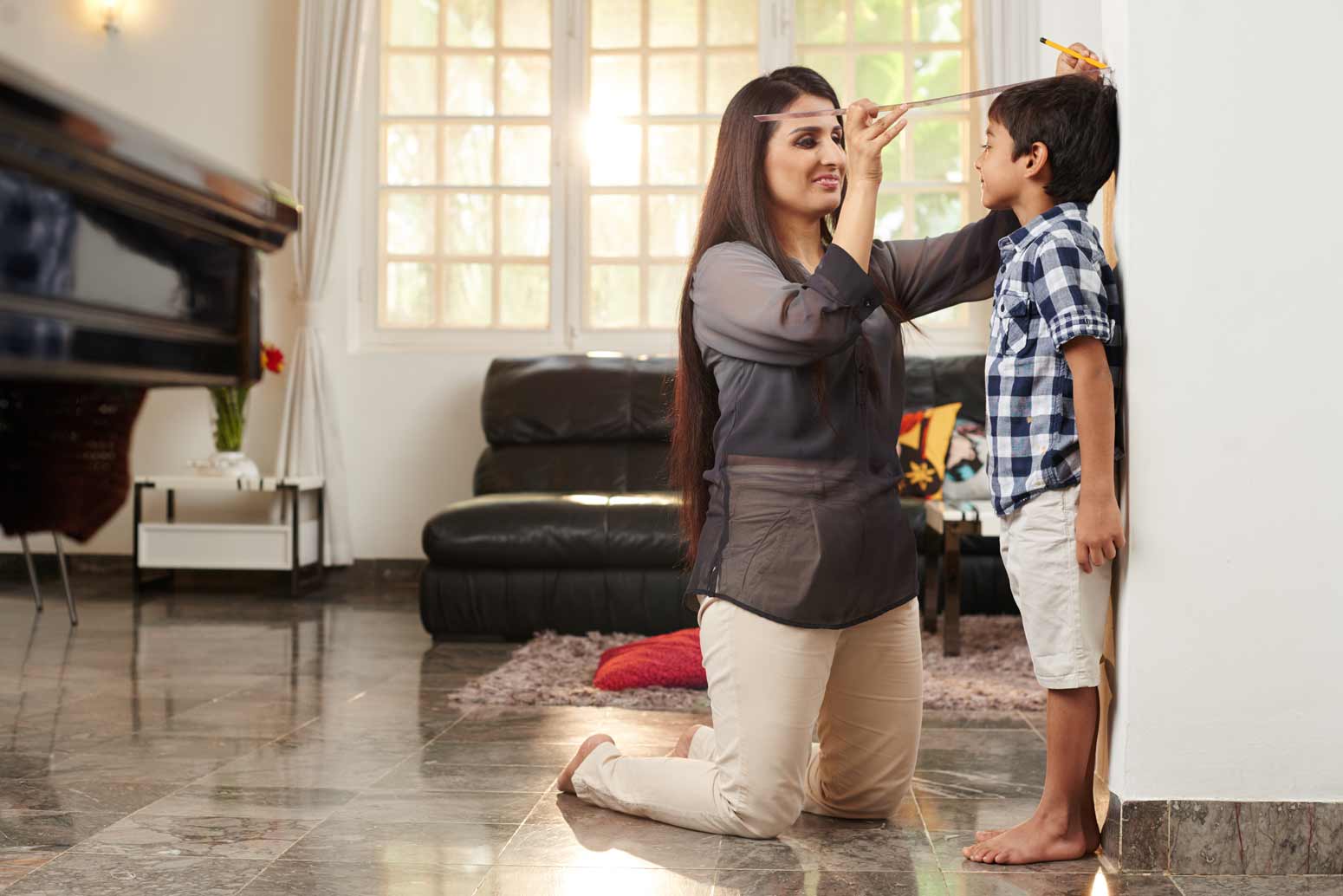You’re such a failure. Get it together. You’re worthless.
I gritted my teeth, fighting tears as I re-read the fat red “B+” on my essay. Defeated, I walked out of my middle school. Numb, I slumped into the minivan.
“How was your day?” Mom asked. I burst into tears. She pulled over, squeezing me tight. My salty tears splotched her worn cardigan.
She whispered, “You’re not a failure. You’re amazing. I love you.”
The Power of a Parent’s Words
Oh, the power of a parent’s words. Her encouragement made me feel safe from my inner critic. Maybe I’m not a failure? Parents’ attitudes forms a child’s view of themselves, for better or worse. As a coach working with young perfectionists to rebuild their identities, I see the power of parents’ words over their children. As a young perfectionist myself, I’ve lived it.
Just like a baby cries when they need help, your child is crying. She might be hiding the pressure she feels, the incessant negativity, and rock-bottom confidence, but she does experience it. As her parent, you can help.
The best part? There is room for error. My mom made mistakes and had many of her own crying-in-the-closet moments, but she showed up. She exemplified the truth: You don’t need to be a perfect parent to parent a perfectionist.
5 Things I Needed My Parents to Tell Me as a Young Perfectionist
Here are the most impactful truths a parent can share:
1. “You’re loved even when you make a mistake.”
One of the hardest lessons I’ve learned is that failure is inevitable, but one of the most freeing lessons is that failure is necessary. My parents’ biggest mistake was not pushing me to fail. This sounds counterintuitive; you don’t want your children to fail. But you do want your perfectionist to practice recovery from failure.
Encourage your kids to do things they aren’t good at. Push them to stick with it through the ick of growth. Practice sitting with them through the discomfort, reassuring them they are brave for trying, disciplined for enduring, and loved for just being themselves.
2. “Good people aren’t perfect.”
My little sister gripped my hand, her doe-eyes terrified. Shoving dishes in the dishwasher, my mom fumed, “Why can’t you guys just do the dishes without being asked?” My stomach twisted. My sister’s eyes welled with tears. We escaped to my room, feeling pretty low.
Mom poked her head in, “Can I come in?” We nodded. She sat in front of us, taking our little hands in hers. I noticed she was shaking. I watched her eyes gloss with tears. “I’m sorry I lost it,” she said, deflated.
That small apology, the raw emotion I observed in her eyes, meant everything.
As a child, you idealize your parents. As you age, you see their flaws. As a perfectionist, it’s difficult to mesh the two. But by apologizing and sharing her personal growth journey, my mom taught me that being a good person isn’t about never making a mistake; it’s about making it right when you do.
Perfectionism says, “You’re either always perfect or never perfect.” This lie keeps us stuck, rigidly maintaining a facade of perfection or throwing up our hands in defeat. But parents can normalize growth instead of arrival. Show your kids you’re imperfect, but you still try your best.
3. “Life is still beautiful.”
What a stupid mistake to make.
You’re a disappointment.
What’s wrong with you?
You’ll never get better.
These are the thoughts suffocating your perfectionist 24/7. Swarming like angry bees, they isolate your child, killing her confidence.
A perfectionist is characterized by the presence of an inner critic, an incessant negative voice. Like a patient on life support needs external support to breathe, perfectionists need help seeing the positive. Their view of others, God, the world, and themselves is on the line.
So, point out the positive. Compliment them. Compliment others. Point out the little flowers and pretty sunsets. They often miss the beautiful little things that make life so special.
But I will caution you: Don’t let positivity become cliche. Be realistic, or your perfectionist won’t take you seriously. When they complain that their drawing isn’t any good because someone else’s is better, avoid putting a band-aid of positivity on their insecurity. Instead, try: “Sure, she colored inside the lines better, but you can practice that. Look at the colors you chose; they’re so pretty.” Emphasize a growth mindset and point out the specific positives you see, not an “everything’s always sunshine-y” view.
4. “It’s good to play.”
What am I going to do with my life? My feet dangled off the swing as I contemplated my future job, bills, family, trips, and accomplishments. I was 7.
Just like the life support of positivity, perfectionists need external support to have fun. If my parents hadn’t forced play dates and park days when I said, “I’m too busy,” I would have spent every minute stressing over my future.
Model balancing work and rest by encouraging play. Encourage your perfectionist to put down the homework and just have fun. Teach them to do something that won’t directly benefit their future career for no other reason than that they’ll enjoy it. Perfectionists are born despising childhood, racing towards adult stressors, and they don’t understand efficient work starts with sufficient rest.
5. “You are not behind.”
Perfectionists experience deep anxiety over their future, specifically their place in the journey and how quickly they’re getting to their destination. Their inner critic is constantly comparing them to a false perception of reality:
Other people are further ahead of you. Catch up.
That article you read says you should be doing more.
Your parents expect you to be doing better, faster.
When I’d come crying to my mom, distraught because I had so much to do, so little time, and so little motivation, she’d hug me. She’d tell me I wasn’t behind. She’d remove the perfectionistic lens and point out the truth.
When your perfectionist gets overwhelmed about her future, do this:
● Empower her by reminding her of what she has accomplished.
● Encourage her by realistically reviewing where her peers are at.
● Clarify her next step and urge her to focus on taking just the step in front of her.
My parents told me each of these truths thousands of times. But at the end of the day, it’s not about what you say; it’s about what you do. If you want your perfectionist to experience grace, acceptance, confidence, and freedom from the fear of failure, model it. Model recovering from mistakes, model personal growth, model having fun, and model seeing the positive. She’ll notice.
As someone who was a young perfectionist, we may push you away. We may say we can do it alone, but we need you to fight. Fight to stay close. Fight your own inner critic. You have the power to lift our perfectionistic lenses and help us see the truth: We are lovable through our flaws. Mistakes are inevitable. But you don’t need to be a perfect parent to parent a perfectionist.














